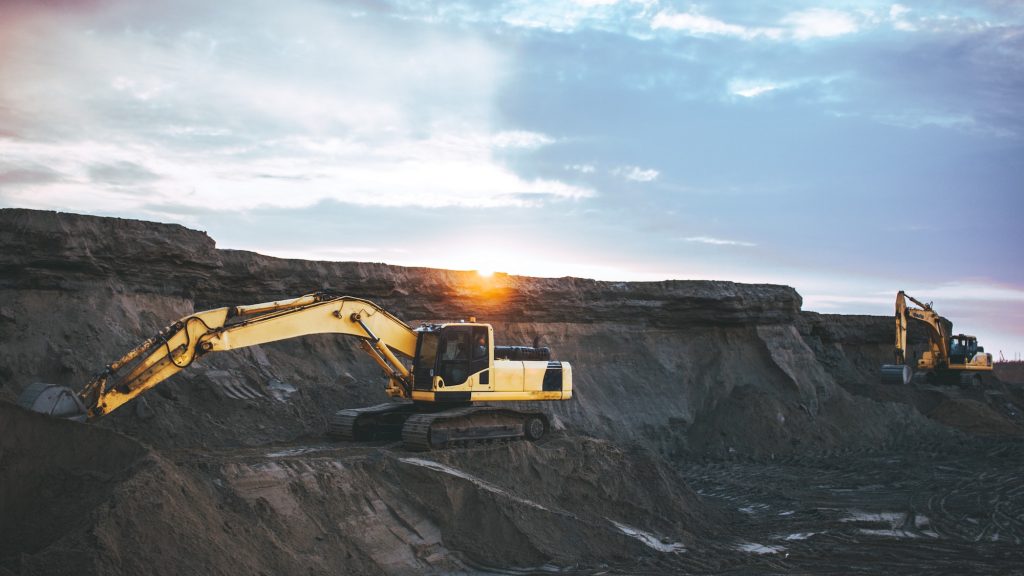Mining has been the backbone of the Australian economy for decades. From coal in Queensland to iron ore in WA and gold booms in the 19th century. This work keeps the economy moving, international trade flowing, and is dependent on the everyday mining operator. Mining is not like any other trade. The risks are bigger, the machinery heavier and more expensive, the sites harsher, and the costs of a mistake far higher financially. Contractor agreements are very common in the mining industry, pushing liability and legal responsibility on to the individual contractor, rather than a employer.
If you’re a mining contractor, whether working underground, on surface operations, or flying in and out (FIFO), insurance is a requirement to work, be onsite, and earn your income. It’s the difference between keeping your business alive after an accident or shutting the doors for good. At Bluewell, we’ve spent years helping mining contractors secure insurance that works as hard as they do.
We have to know what type of mining you’re involved in, the resources, the locations, what equipment you run, whether you’ve got staff or subcontractors, and the contracts you need to comply with. Then we line up the right cover and get your Certificate of Currency sorted fast so you can get on site and keep working.

